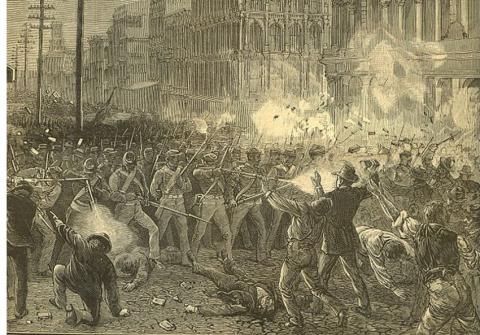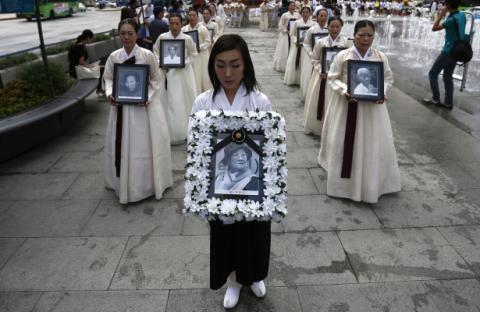Detroit Citizens Vow Direct Action to Protect Their Right to Water
Common Dreams

City puts human rights under threat with water privatization scheme.










Spread the word